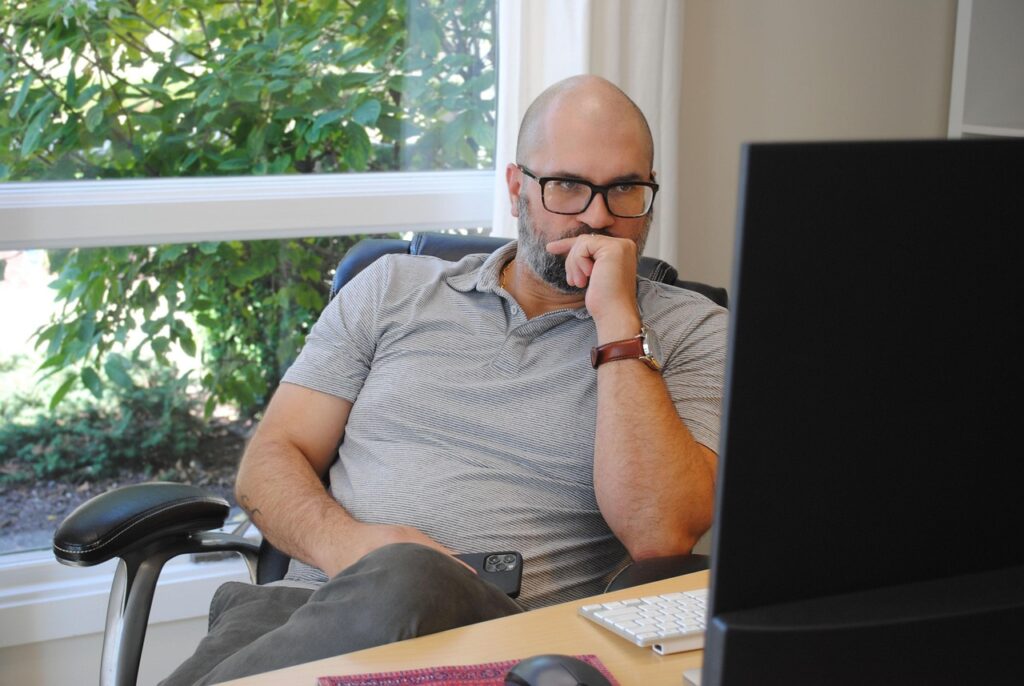
I have long believed that critical thinking is a skill that is lost among much of the population. People who can think critically can evaluate information and decide if it’s true, false, necessary, or unnecessary. They can take that information and make better judgments and hold well-informed opinions.
That seems to be disappearing in society, but one place it isn’t gone is in book editing.
When editing a book or manuscript, the critical thinker should look at the first paragraph and decide the words evaluate information are most important. Critical thinking in book editing refers to the process of actively analyzing and evaluating a manuscript beyond just grammar and mechanics.
A book editor questions the manuscript’s logic, structure, clarity, accuracy, and overall impact. He identifies areas for improvement and ensures the final product is well-rounded and effectively communicates the author’s intended message.
Sounds basic, right? And yet people think that if you edit a manuscript for spelling, punctuation, and style, you’ve done all the book editing you need.
Not true.
Book editing requires the ability to evaluate information, decision-making skills, and problem-solving skills.
Say you have a client who wants you to edit their memoir. A book editor has to put on the critical thinking cap and evaluate the information. Is this story absolutely necessary? Does it help or hurt the pacing, dramatic impact, or structure?
If the answer is no, then the critical thinking book editor needs to make decisions. I’m going to cut this. How do I justify it to the client? I want to move this story from chapter 3 to chapter 10. Why do I want to, and how will I explain to my client it’s better there?
Then comes the problem solving. OK. I’m going to tell the client that this story, which is really great, doesn’t work because this book is about his life from ages 30-50 and this story takes place at 21.
Another area of book editing that could be helped by critical thinking is examining the words. Are these the right words? Do they convey what the author intends? If I change this word or eliminate that word, will I destroy the message? Will the author be saying the same thing with as much impact if I shorten the sentence? Are my edits removing the author’s voice?
A good book editor is asking questions all the time. Is the evidence credible, logical, and appropriate? Are the chapters, plot points, and transitions organized in a way that it’s easy to follow and doesn’t bog down the story or confuse the reader? If there’s confusion, is it because of factual errors or something’s missing?
Is it fine for the author’s biases to appear, or should neutrality rule the manuscript? Are the style, tone, and words appropriate for the intended audience; or is the author too flowery, too technical or too simple?
Not every one of these questions will need to be asked and answered with every manuscript, but they provide a solid overview of what a critically thinking book editor needs to consider.
I remember a book I edited early in my career, a mystery about a natural disaster, terrorism, and a sinkhole where two interstates converge. I went through that manuscript with a red pen, highlighting all the plot problems I found. It strained credulity.
I brought these up with the author. He dismissed most of them and had answers for others. Very few of my issues ended up being cut.
Such was the life of young book editor me. Today, I’m much more emphatic in demanding these cuts be excised. And here’s one reason: When the book was published: I saw one reviewer call it “a boring book.”
Done right, critical thinking in book editing guarantees a book won’t be boring.
If you would like to discuss this or any other post, feel free to leave a message. Just click on the Contact tab and use the provided form.
Let's Start A New Project Together
Contact me and we can explore how a ghostwriter or editor can benefit you.
